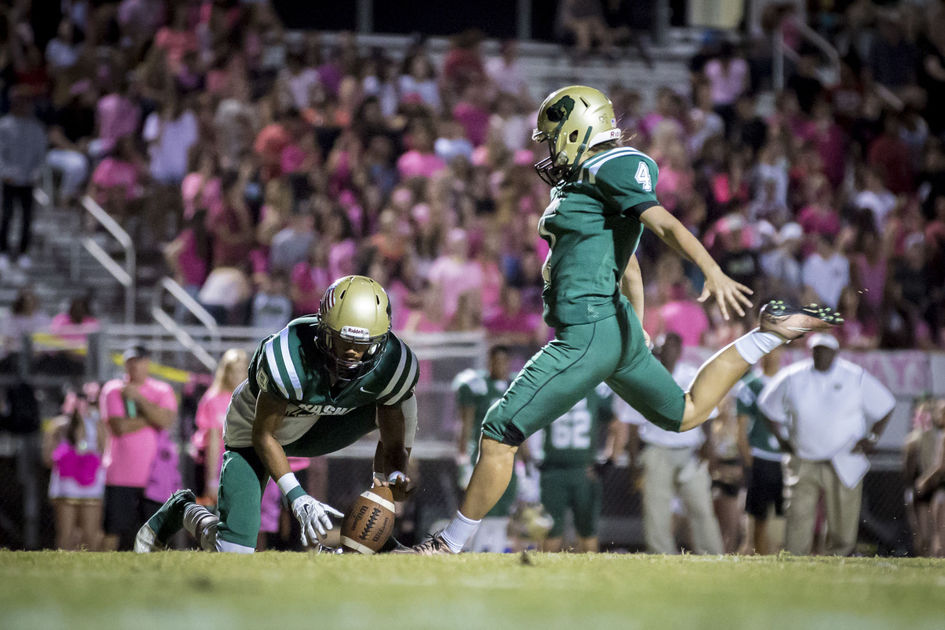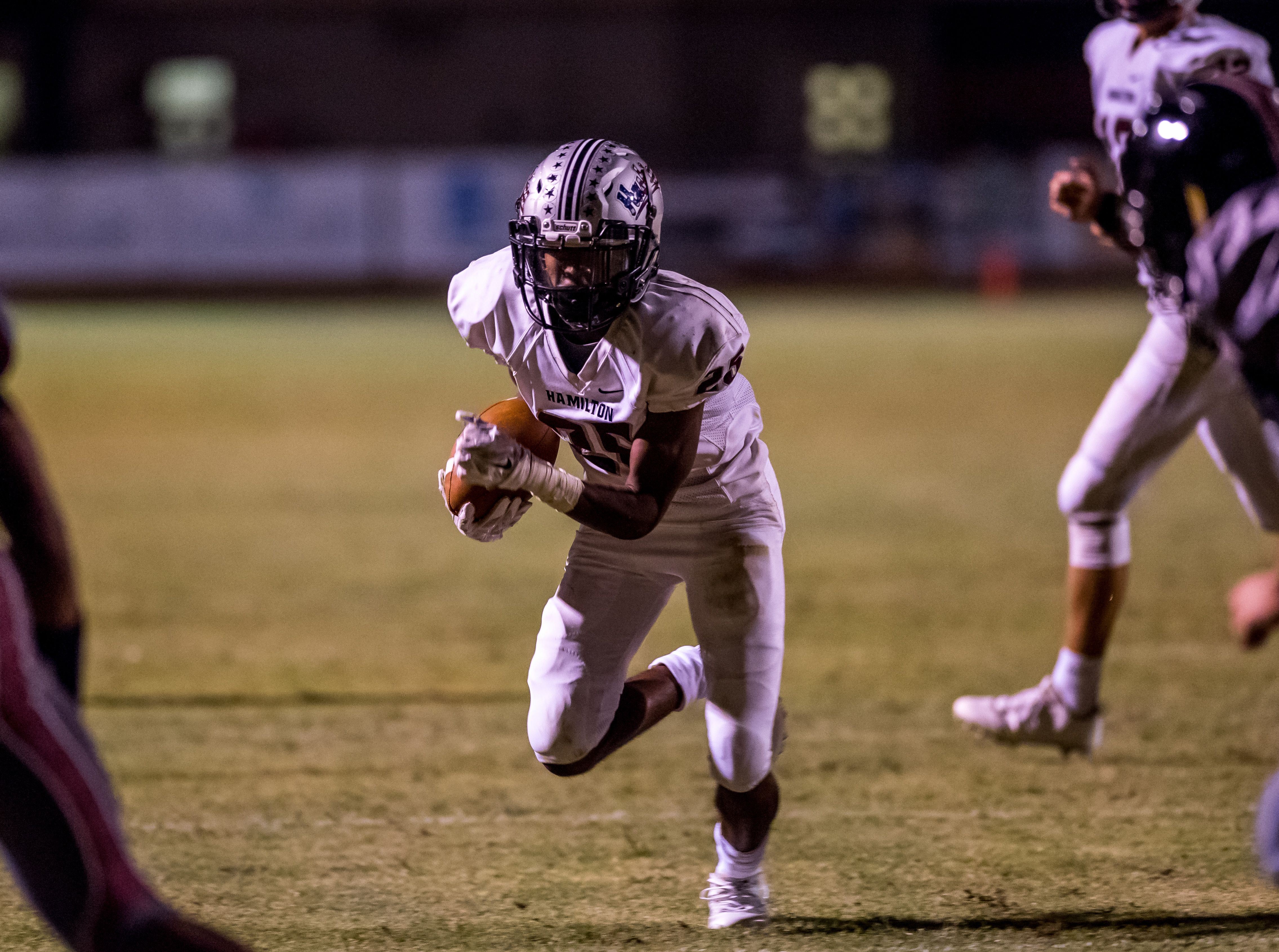In 1984, legendary football coach George Allen worked out of a tiny office at the former East Phoenix High School, where the USFL Arizona Wranglers practiced. Above the doorway to Allen’s office was a poster that touted the benefits of a good physical workout. Allen was still Chairman of the President’s Council on Physical Fitness and Sports.
One of the benefits listed was “Exercise increases oxygen flow to the brain, which allows you to think better, and perform better in school”.
Anyone who wonders why physical education is part of the curriculum in any school has their answer, or at least one of them, right there.
However, as you go further up the ladder of education, physical education, and organized athletics, depends more and more on one thing to keep it going. Money.
It should come as no surprise then that the Maricopa County Community Colleges are seriously considering suspending athletic competition for the 2020-21 academic year, with the fear athletics will be eliminated permanently.
This is not something that came out of nowhere. Junior College athletics, particularly in Maricopa County, have been gradually fading into a Twilight Zone for years. While high schools and major colleges in the state get plenty of attention from the media, the junior colleges draw little notice.
It wasn’t always that way.
Like so many other parts of life in Phoenix, the role of junior college sports was much bigger in the 1960’s and 70’s. It was seen as exactly what it was – the next step up for high school student-athletes who either had not developed their skills to the point where four-year schools would offer scholarships, or a chance for student-athletes to improve their academic standing to allow for admission into those same four-year schools.
The media, and the fans, were well aware of the accomplishments of the teams, the coaches, and the student-athletes.
Saturday nights in the fall, the four Phoenix-area JC’s – Phoenix College, Mesa, Scottsdale and Glendale Community Colleges, packed their stadiums with those who couldn’t get tickets to see Frank Kush’s Sun Devils play in Tempe. The quality of football was good and the rivalries between schools was as intense as any other level of competition. Phoenix College vs. Mesa CC was along the lines of ASU-U of A. Both teams were used to winning, had great players and legendary coaches.
In the winter, attendance at men’s basketball wasn’t strong – there was just too much going on between the Suns, ASU and the high schools for the JUCO’s to carve out a niche. Nevertheless, the Arizona Community College Athletic Conference could give a hoop junkie a pretty serious dose of talented players and quotable coaches.
Sadly, as the Valley has matured into a major sports mecca, junior colleges have fallen into an athletic Bermuda Triangle. They’re not the Pac-12, they’re not the AIA. They’re sort of in-between.
The community college system has proven to be a great benefit to education. Lower tuition and flexible schedules have allowed many to continue progress to college degrees, and given those simply interested in one particular subject a chance to expand their knowledge. The financial storm clouds have been gathering over athletics for several years. The pandemic has simply accelerated things.
The District has left the door open for public comment on their plans to shut down sports before making a final decision. It seems, however, like those fall Saturdays in full stadiums and winter nights in gyms are in danger of going away for good. If that happens, it’s hard to imagine how the JUCO’s outside Maricopa County can continue to operate.
If that happens, the general population won’t notice. But for those for whom names like Shanty Hogan, Paul Widmer, John Avianantos, Pete Piscotta, Leon Blevins, Pug Marich, Art Becker, Tom Bennett, Jim Frye and Jim Brock have meaning, the loss will hurt.




